The EUDR anti-deforestation regulation not only poses a big challenge but also an opportunity for Vietnamese coffee businesses to expand their export markets to Europe.
Businesses and localities have proactively adapted.
The European Union Deforestation Regulation (EUDR) applies to the following commodities: Livestock, cocoa, coffee, palm oil, rubber, soy, wood and certain products derived from these commodities.
Under the regulations, any operator or trader placing these items on the EU market or exporting from it must demonstrate that the products do not originate from recently deforested land or contribute to forest degradation.
The regulation aims to address deforestation, forest degradation, and forest conservation to reduce carbon emissions and biodiversity loss.
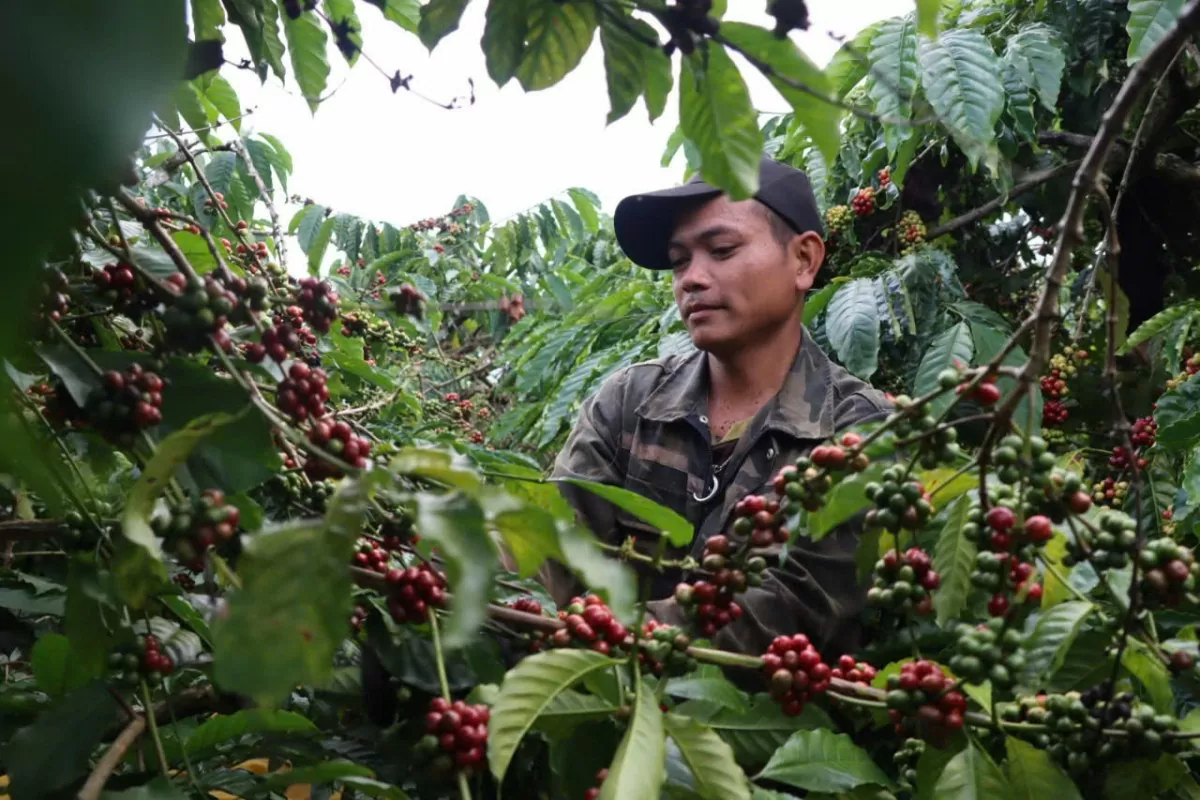 |
| The EUDR aims to prevent deforestation, forest degradation, and conserve forests to reduce carbon emissions and biodiversity loss. |
Among the groups of goods subject to the Anti-Deforestation Regulation, Vietnam has three main groups of goods affected, namely wood, rubber and coffee. Of which, coffee is the most affected because it accounts for 55% of export turnover, about more than 1.1 billion USD; followed by wood (636 million USD); rubber (252 million USD).
Since the EU anti-deforestation regulation was adopted, Vietnam has actively prepared and is ready to meet the requirements of this regulation.
Mr. Pham Thang - General Secretary of the Vietnam Coffee - Cocoa Association said that coffee enterprises are currently relatively well prepared to adapt to EUDR as soon as this regulation comes into effect. However, the implementation process will be different, so it is necessary to have the support of competent authorities to guide coffee enterprises to implement it most effectively.
Not only associations and industries but also domestic localities have proactively developed plans to help coffee businesses respond and comply with anti-deforestation regulations. In Gia Lai, since the announcement in 2023, Gia Lai province has been proactive and active in adapting to EU regulations.
Enterprises in Gia Lai province have proactively reviewed the supply chain, closely coordinated with stakeholders in the chain, especially the network of traders and farmers - those who supply input materials to enterprises, to meet the requirements of EUDR, including requirements on traceability, compliance with regulations in the chain, and location of production land plots.
"Export enterprises have proactively learned and grasped the requirements of EUDR, and have changed or adjusted their current supply chains to closely meet the requirements of EUDR. Priority is given to building sustainable certified raw material supply chains, " Ms. Dao Thi Thu Nguyet, Deputy Director of the Department of Industry and Trade of Gia Lai province, shared with Cong Thuong Newspaper.
Issues businesses need to note
From the Swedish market, giving advice to Vietnamese coffee exporting enterprises to the Northern European market, Ms. Nguyen Thi Hoang Thuy - Commercial Counselor, Vietnam Trade Office in Sweden said that the EU's anti-deforestation regulations will have a major impact on Vietnam's coffee export activities, especially to the Northern European market including Sweden, Denmark and Norway.
However, according to Ms. Nguyen Thi Hoang Thuy, EUDR not only poses a big challenge but also an opportunity for Vietnamese coffee businesses to expand their market to Northern Europe, where sustainable and transparent products are preferred. By being fully prepared, cooperating with reputable organizations and building appropriate strategies, businesses can take advantage of EUDR to strengthen their position and develop sustainably in the international market.
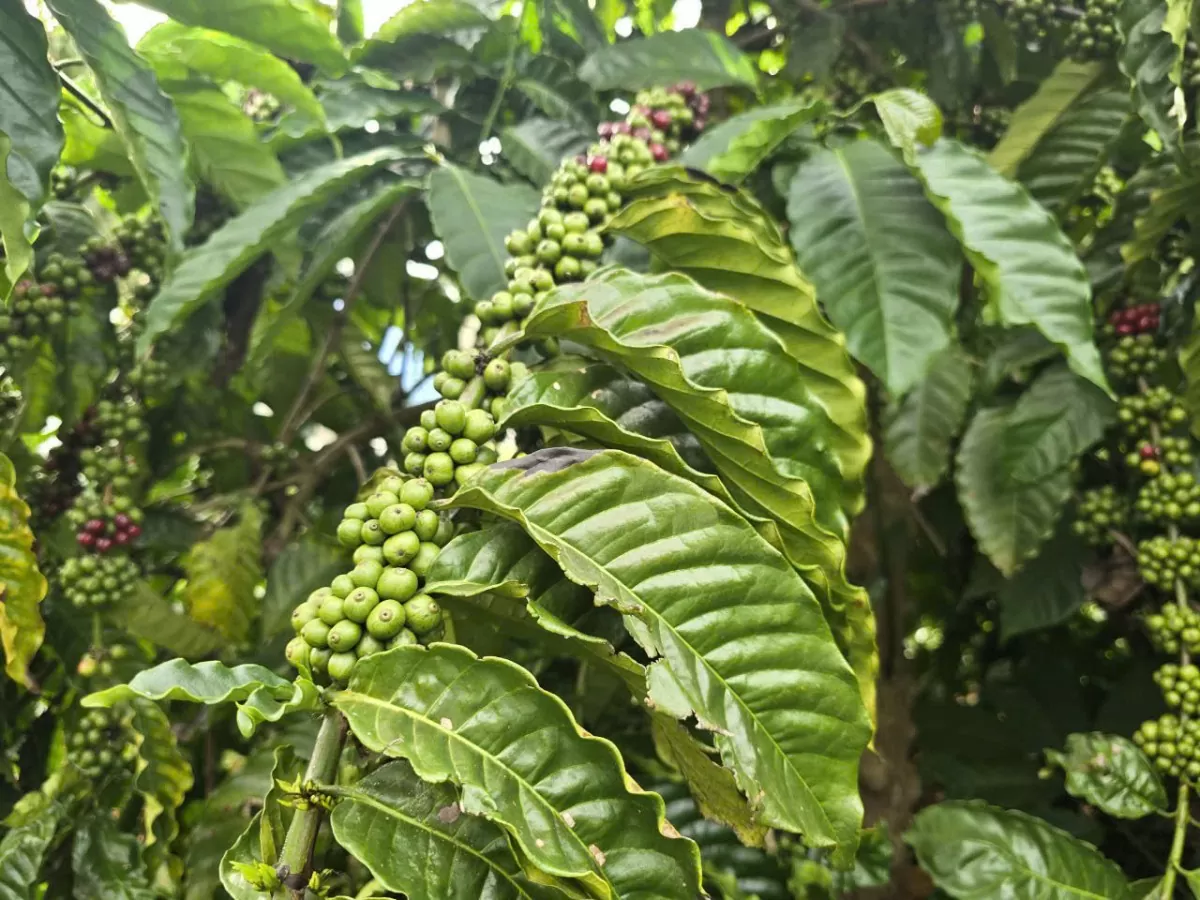 |
| EUDR not only poses a big challenge but also an opportunity for Vietnamese coffee businesses to expand their market into Northern Europe. |
To help businesses comply with the principles of the EU Deforestation Regulation (EUDR), Ms. Thuy said that, in the immediate future, coffee exporting businesses need to build a clear traceability system. Businesses need to ensure that exported coffee is grown on land that is not forest land; regularly share information about the specific geographical location of coffee growing areas.
To do this, Ms. Thuy recommends: “Exporting enterprises need to cooperate with farmer associations and production groups to collect geographic location information and traceability records. Invest in supply chain tracking technology to ensure data transparency and accuracy.”
Second , Vietnamese businesses can seek support from international and regional organizations that have experience in complying with the EUDR.
Third is to leverage EUDR to create competitive advantage.
Early and adequate preparation for EUDR compliance not only helps businesses meet market requirements but is also an important factor in building credibility with Nordic customers.
To make good use of it, businesses must prepare documentation and certifications demonstrating EUDR compliance, especially traceability and sustainability data, and promote their environmental and sustainability efforts as added value.
Alternatively, increase your exposure to customers at Nordic trade fairs such as the Stockholm Coffee Festival or the Copenhagen Coffee Fair.
Fourth, it is necessary to estimate the costs of EUDR compliance. This is because the process of ensuring EUDR compliance will require significant costs, from data collection to the adoption of new technology.
Fifth , businesses need to take the lead in environmental protection and sustainable development.
“Northern Europe is a region that focuses on environmental protection and sustainable development, so compliance with the EUDR is not only a legal requirement but also an opportunity for businesses to affirm their social responsibility, ” noted Counselor Nguyen Thi Hoang Thuy.
Source: https://congthuong.vn/nganh-ca-phe-can-lam-gi-truoc-quy-dinh-chong-pha-rung-cua-eu-372597.html


![[Photo] President Luong Cuong presents the decision to appoint Deputy Head of the Office of the President](https://vphoto.vietnam.vn/thumb/1200x675/vietnam/resource/IMAGE/2025/5/8/501f8ee192f3476ab9f7579c57b423ad)


![[Photo] Prime Minister Pham Minh Chinh meets with the Policy Advisory Council on Private Economic Development](https://vphoto.vietnam.vn/thumb/1200x675/vietnam/resource/IMAGE/2025/5/8/387da60b85cc489ab2aed8442fc3b14a)
![[Photo] General Secretary concludes visit to Azerbaijan, departs for visit to Russian Federation](https://vphoto.vietnam.vn/thumb/1200x675/vietnam/resource/IMAGE/2025/5/8/7a135ad280314b66917ad278ce0e26fa)
![[Photo] National Assembly Chairman Tran Thanh Man chairs the meeting of the Subcommittee on Documents of the First National Assembly Party Congress](https://vphoto.vietnam.vn/thumb/1200x675/vietnam/resource/IMAGE/2025/5/8/72b19a73d94a4affab411fd8c87f4f8d)


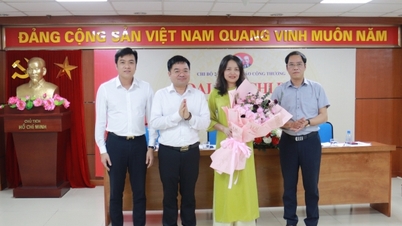
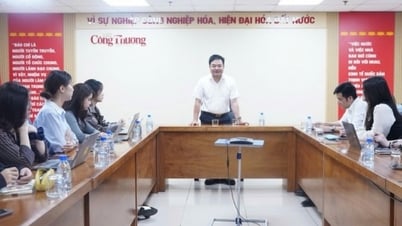
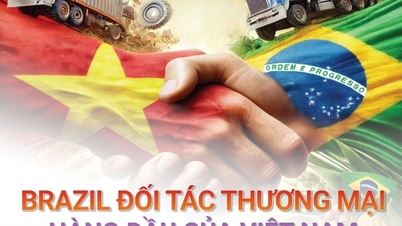
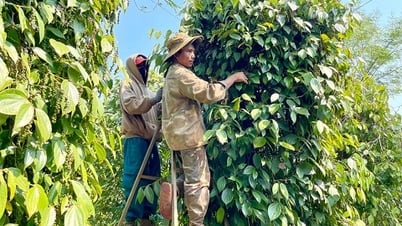

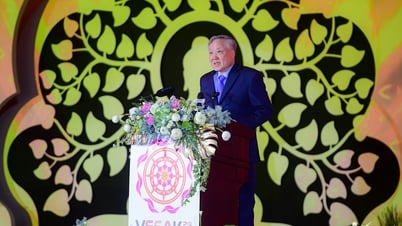










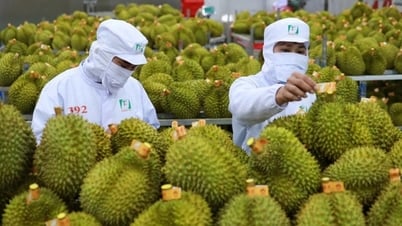
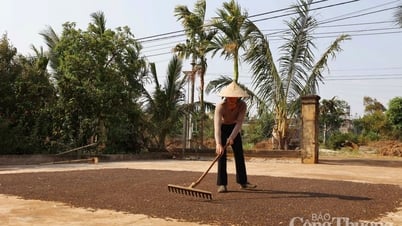
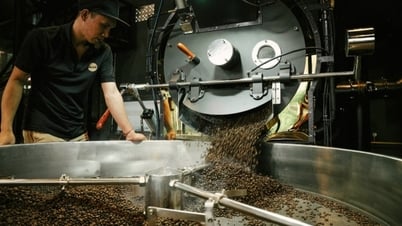

































![[Photo] Prime Minister Pham Minh Chinh talks on the phone with Singaporean Prime Minister Lawrence Wong](https://vphoto.vietnam.vn/thumb/402x226/vietnam/resource/IMAGE/2025/5/8/e2eab082d9bc4fc4a360b28fa0ab94de)











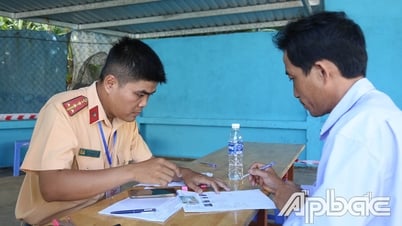

![[Infographic] Instructions on steps to contribute ideas to amend the 2013 Constitution on VNeID](https://vphoto.vietnam.vn/thumb/402x226/vietnam/resource/IMAGE/2025/5/8/c61c8c11815c4691848ae93a3e567ef7)

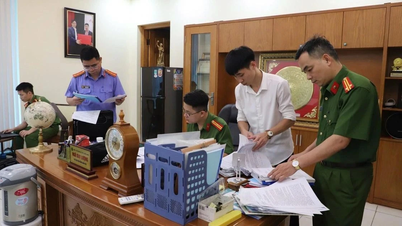

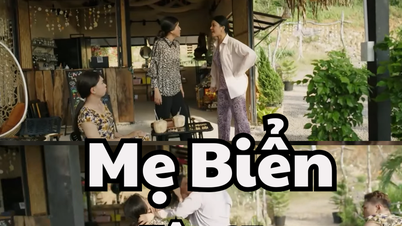



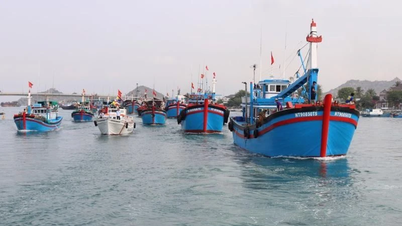











Comment (0)